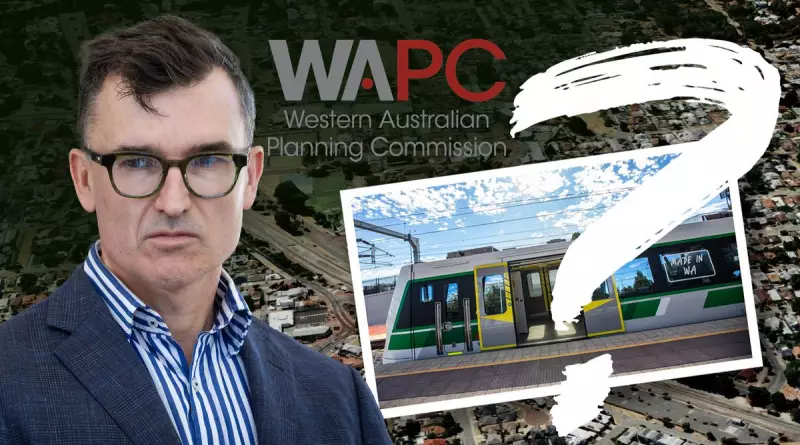
Western Australia's ambitious plan to boost housing density has triggered a significant clash with local governments, with former Fremantle mayor Brad Pettitt warning of serious democratic consequences.
Planning Reforms Spark Democratic Concerns
The state government's new planning laws, designed to accelerate housing development across Perth and key regional centers, are facing mounting criticism from local councils. Brad Pettitt, now a Greens MP, has emerged as a vocal critic of the approach, arguing it undermines local decision-making power.
"The state government is making a big mistake by pushing through these density changes without proper consultation with local communities," Pettitt stated. The reforms allow for increased housing density in established suburbs, particularly around transport corridors, but many local governments feel sidelined in the process.
Local Councils Lose Planning Control
Under the new framework, local governments will have limited ability to reject medium-density developments that comply with state planning criteria. This represents a significant shift away from traditional local planning authority toward centralized state control.
Pettitt, drawing on his experience as Fremantle's mayor, emphasized that local councils possess crucial understanding of community needs and character. "Rushing density without considering local context and infrastructure capacity could create more problems than it solves," he warned.
The controversy highlights the tension between addressing Western Australia's housing shortage and preserving local democratic processes. While the government argues urgent action is needed to boost housing supply, critics maintain the approach threatens community engagement and local representation.
Broader Implications for Urban Development
The standoff reflects a national debate about how best to manage urban growth while maintaining community input. Pettitt's intervention adds weight to concerns that planning decisions are becoming increasingly centralized at the expense of local knowledge and accountability.
As Western Australia continues its push for greater urban density, the conflict between state objectives and local governance shows no signs of abating. The outcome of this dispute could set important precedents for how Australian cities manage growth and community participation in planning decisions.
With housing affordability remaining a critical issue, the challenge lies in balancing the need for more homes with the importance of democratic planning processes that incorporate local community insights and needs.





